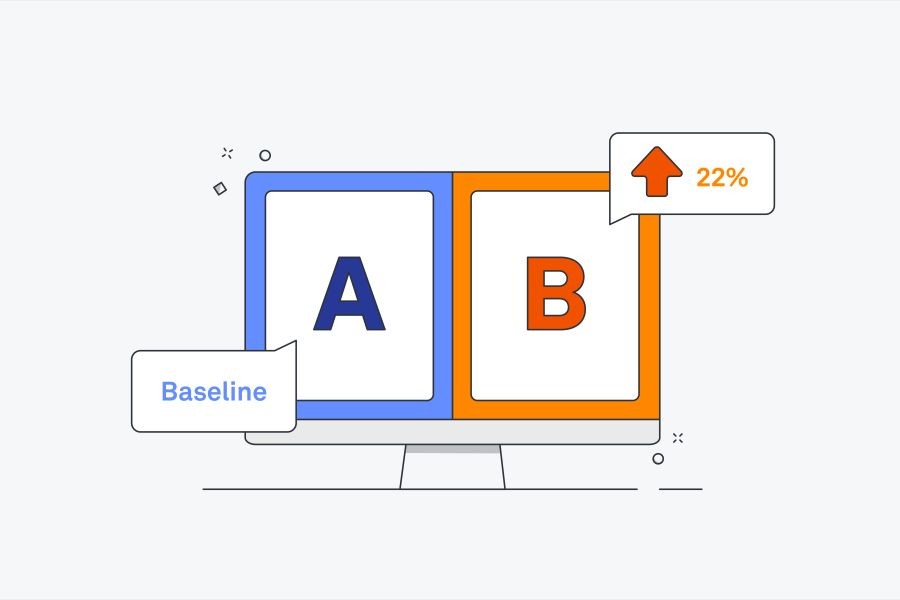In an era where remote work is increasingly becoming the norm, understanding how to file taxes as a remote worker in Australia is crucial. The Australian economy, known for its diverse industries, ranging from mining to education, has seen a significant shift towards remote work due to advancements in technology and global events. According to the Australian Bureau of Statistics, almost half of Australian workers were working from home during peak pandemic periods, a trend that continues to influence the job market. As a remote worker, navigating the Australian tax system can be complex, but it is essential for compliance and financial well-being.
Understanding Tax Obligations for Remote Workers in Australia
When filing taxes as a remote worker in Australia, it's important to understand your obligations. The Australian Taxation Office (ATO) provides guidelines for remote workers, but the key aspects include determining your residency status, understanding tax deductions, and knowing how to report your income correctly.
Determining Residency Status
Your residency status significantly impacts your tax obligations. Australian residents are taxed on their worldwide income, while non-residents are only taxed on income sourced from Australia. The ATO uses several tests to determine residency, including the common law test, domicile test, and the 183-day test.
Eligible Tax Deductions
Remote workers can claim various deductions related to their work-from-home setup. Common deductions include home office expenses, internet and phone bills, and work-related equipment. The ATO allows two methods for claiming these deductions: the fixed rate method and the actual cost method. Each has its pros and cons, and the choice depends on your specific situation.
Case Study: Successfully Navigating Remote Work Taxes
To illustrate the process, consider the case of Emma, a software developer based in Melbourne who transitioned to remote work in 2020. Initially overwhelmed by the tax implications, Emma consulted a tax advisor and utilized the ATO's online resources. By leveraging the fixed rate method for her home office deductions, she was able to streamline her tax filing process. Emma's proactive approach not only ensured compliance but also maximized her eligible deductions, resulting in significant tax savings.
Common Myths and Mistakes
Many remote workers fall prey to myths and mistakes that can complicate tax filing:
- Myth: "If I work from home, I don't need to worry about taxes." Reality: Remote work still requires compliance with tax obligations based on income and residency.
- Myth: "All home expenses are deductible." Reality: Only expenses directly related to work are deductible, and specific methods must be used for calculations.
- Myth: "My employer will handle all tax matters." Reality: While employers handle certain tax aspects, personal income tax responsibilities remain with the individual.
Future Trends and Predictions
As remote work continues to grow, tax regulations may evolve to accommodate the unique challenges faced by remote workers. According to a report by Deloitte, by 2026, over 60% of businesses in Australia are expected to offer remote work as a standard option. This shift may prompt regulatory updates, impacting how remote work-related expenses and income are reported.
Final Takeaways
- Understand your residency status to determine your tax obligations correctly.
- Familiarize yourself with eligible deductions and choose the method that best suits your situation.
- Avoid common myths and mistakes by staying informed and seeking professional advice if needed.
- Stay updated on regulatory changes that may affect remote work taxation in the future.
In conclusion, filing taxes as a remote worker in Australia requires careful consideration of residency status, eligible deductions, and compliance with ATO guidelines. By staying informed, remote workers can ensure they meet their tax obligations effectively while maximizing deductions. As remote work trends evolve, keeping abreast of regulatory changes will be crucial. What's your experience with filing remote work taxes? Share your insights below!
People Also Ask
- How does remote work impact taxes in Australia? Remote work introduces unique tax considerations, such as claiming home office expenses and determining residency status for tax purposes.
- What are common deductions for remote workers in Australia? Common deductions include home office expenses, internet, phone bills, and work-related equipment costs.
- How can I maximize my tax deductions as a remote worker? Choose the appropriate method (fixed rate or actual cost) for claiming expenses and maintain detailed records of work-related costs.
Related Search Queries
- Remote work tax deductions Australia
- ATO guidelines for remote workers
- Australian residency status for tax purposes
- Home office tax deductions Australia
- Tax tips for remote workers
- Remote work compliance in Australia
- How to report remote work income in Australia
- Changes in remote work tax laws Australia
- Tax planning for Australian remote workers
- Maximizing deductions for remote work


































RoseannaMa
10 months ago